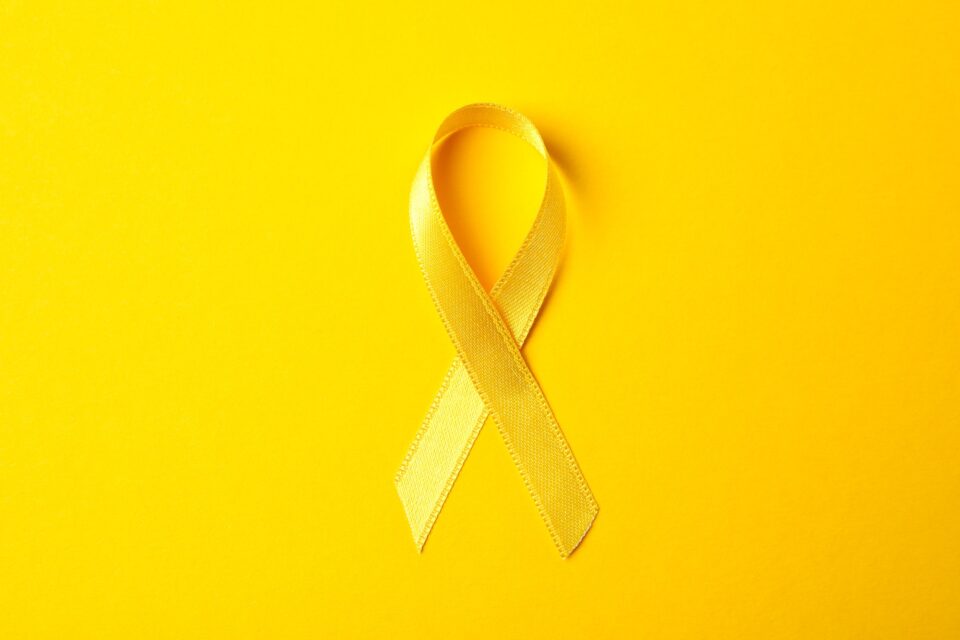Read part one of our survivorship series here.
Read my story about my carcinosarcoma diagnosis here.
The comment, “I bet you’re so relieved that your treatment is over,” rang in my ears as my friends and family celebrated the “end” of my cancer journey and entered into cancer survivorship.
I felt like a deer in headlights.
I kept wondering, “Where do I go from here?”. I was completely bald, unsteady on my feet, bloated from the steroid-induced weight gain of over 40 pounds, and couldn’t tell time or remember what day it was. In my journal, I wrote at this point that I felt like I was 80% chemo and 20% human.
My first week at home without a treatment routine felt like I was discharged from my job. I kept telling myself I should feel relieved, but instead, I felt lost. Every day throughout treatment I had technicians and nurses watching over me – and now what?
“Will the cancer come back without the daily vigilance that I was so used to?” I wondered.
As the weeks went by, I noticed my symptoms from pelvic radiation became worse. My colon was not right, to say the least, nor was my bladder. No one had prepared me for the idea that I would need to take at least six Imodium per day if I planned to ever leave the bathroom. Unfortunately, learned that lesson while grocery shopping.
Life After Cancer
Yes, I had survived cancer. Now I had to understand the limits that aggressive cancer treatment puts on one’s body. The next day I answered the phone and the voice on the other end of the line asked, “When are you coming back to work?”
The tectonic plates of my post-cancer world collided.
How could a bald person with limited memory from chemo return to a complex, executive-level job? Could I even make it from my car to the main entrance of my building?
At that moment I began to understand what the emotion of fear truly felt like. Entering a world filled with people who were the same as they were yesterday and remembering me as I once was before cancer filled me with such fear. I felt like I couldn’t move. It was at this moment that I realized that survivorship, with or without ongoing cancer, was the hardest part of the journey for me.
How could hearing my story help cancer survivors?
This is the reality of my experience as a cancer survivor. I share all of this to help other cancer survivors who may feel isolated entering into survivorship. This is also for people surrounding and supporting cancer patients as caregivers or employers have a window into the complexities of survivorship.
I’m also here to say that it is possible to have the strength and the power of growth that you never realized was possible. This is a different reality that I get to help open for cancer patients on a daily basis.
In the next post in our cancer survivorship series, I’ll share what re-entering the workforce looked like for me.








One Response